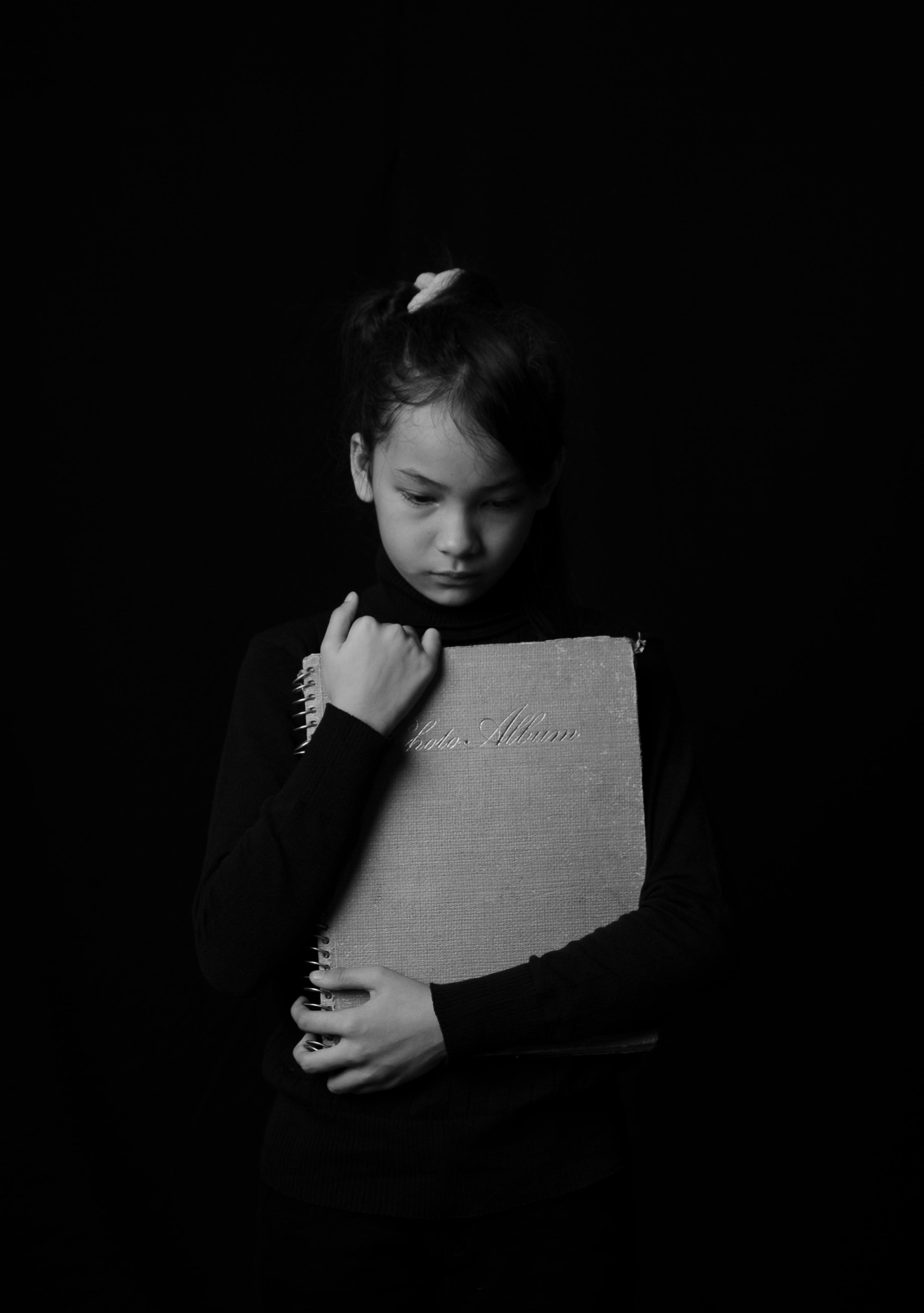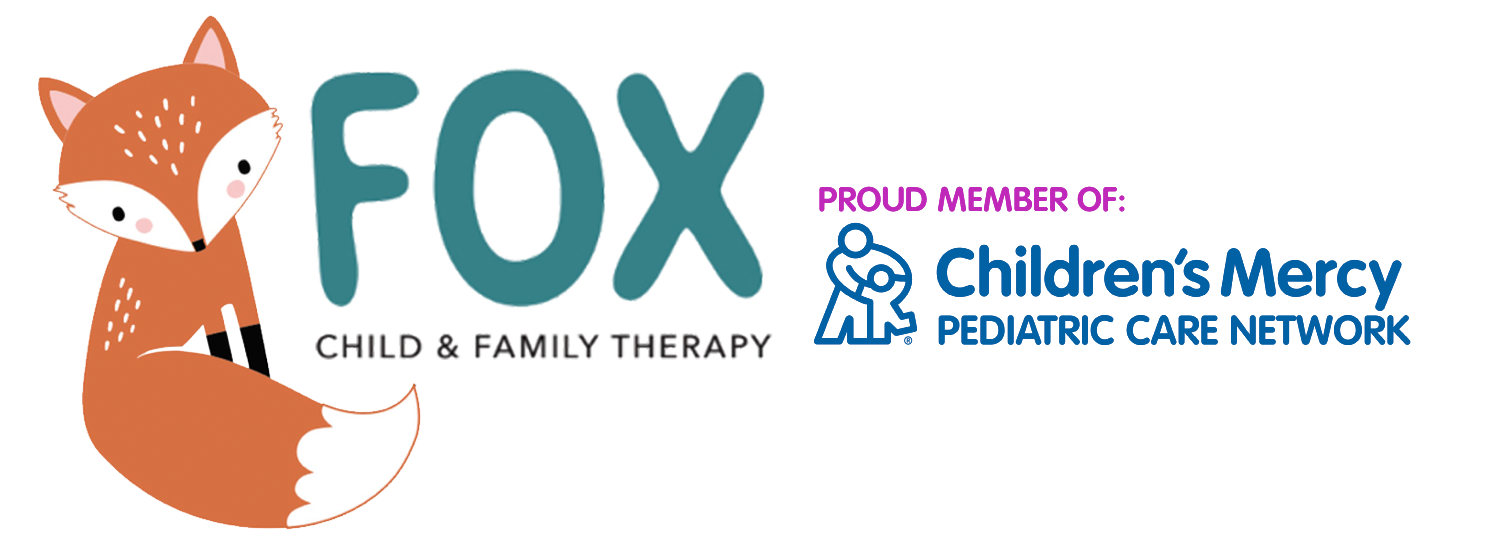How to Recognize if Your Child is Depressed

Depression in children is more common than one would think. It’s also just as dangerous as in adults. In many cases, how a mental illness manifests in adults differs from how it presents in children. While it is true that some behaviors are unique to children with depression, most of them are similar to depression in adults.
Still, it’s important to know what the signs of depression are in children. Otherwise, how can we care for them? How can we help them in the way they need? If you have doubts about whether your child is depressed, that’s okay. Only a professional will tell, but knowing the signs is a good place to start.
Change in Emotions
It’s possible your child might be acting up more. They’re angrier, they get cranky easily, and you’re not sure how to deal with that. Depending on how young they are, you might find yourself dealing with their tantrums much more than you used to.
Alternatively, your child might feel incredibly sad. You might find them crying more often or expressing feelings like hopelessness and worthlessness. It’s also not uncommon for them to not feel anything at all. They might feel numb, which is scarier than their sadness and scarier than their anger.
Changes in Habits
Depression makes children either oversleep or not sleep enough. Depressed children will find themselves with incredibly low energy levels, feeling constantly fatigued. It doesn’t matter how much or how little they sleep; they’ll be lethargic all the same. And it’s the same with food: depressed children will either overeat or entirely lack appetite. As a parent, this is perhaps the first truly concerning sign you might notice, especially if your child has a pretty withdrawn personality in the first place.
Withdrawal
Depression can make children withdraw from the world around them. This can manifest in different ways. They might withdraw from social situations or cause more trouble. They’ll prefer to be alone, to not talk to others. There won’t be any evident reason for this, and you’ll likely be left wondering why they no longer want to interact with their friends or family. Well, depression might be why.
But it won’t stop there. Your child will lose interest in the things they like. They’ll stop caring about school at all. This isn’t a problem that can be addressed by being reproachful, either. If depression is behind this, being berated for doing worse in school or not engaging in fun activities they used to like won’t help. If anything, it might have the opposite effect.
Troubling Thoughts
Children might be much more sensitive to rejection or failure than they used to be, leading to low self-esteem and intensely self-critical thoughts. In addition to these negative thoughts, they might find themselves thinking of death and suicide, even if they might seem too young to you to think about these things. And these thoughts are the truly dangerous ones.
Physical Aches
Believe it or not, depression can also cause physical aches. If your child is complaining that their stomach constantly hurts or some other body part, but no matter how many doctors you take them to, no one can find any cause for it; it might be a sign of depression. A lot of mental illnesses manifest themselves in this way, even in children, and depression is no exception.
Treatment
Depression might sound scary, but it’s important to remember that it’s also treatable. So, if you think your child might be depressed, don’t panic. Finding a professional will help you determine whether your child truly has depression. And if they do, then counseling will help them through this and help them recover. All you need to do is schedule an appointment with Fox Child and Family Therapy today at 913-229-5691, and we’ll make sure your child gets the help they need.

